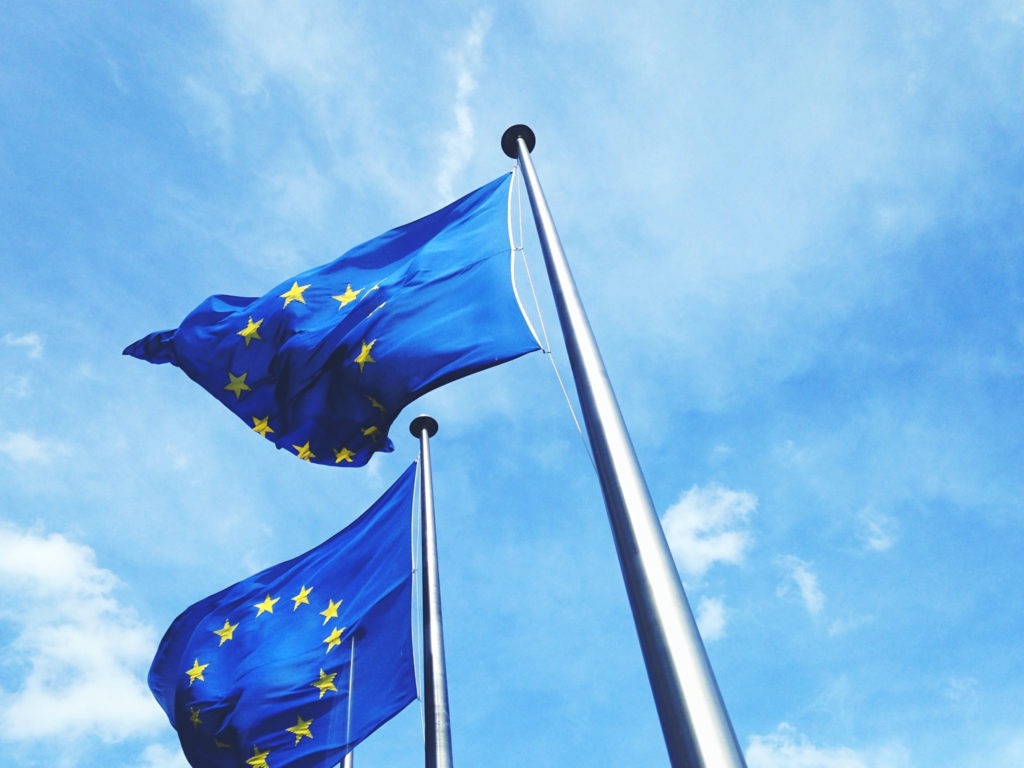European Commission gains greater authority over approval of new car models
25 April 2018

25 April 2018
The European Commission has gained greater authority over the approval of car models across Europe under a new law meant to prevent a repeat of the Dieselgate scandal.
The Commission won the power to fine carmakers up to €30,000 per faulty car and order recalls as part of a more centralised market oversight, approved by the European Parliament. This new legislation gives the Commission powers similar to those of the US Environmental Protection Agency, with uncovered the Dieselgate scandal.
The new rules require every EU country to conduct a minimum number of checks on cars each year, i.e. at least one for every 40 000 new motor vehicles registered in that member state in the preceding year. At least 20 % of these tests will have to be emissions-related. For countries with a low number of car registrations, there will be a minimum of five tests to be conducted. The EU Commission will also be able to carry out tests and inspections of vehicles to verify compliance
This move provides back-up to the Worldwide Harmonised Light-Vehicle Test Procedure (WLTP), introduced last year for new models requiring type approval, and set to be expanded to cover existing models in September of this year. Both of these new procedures are in response to the emissions cheating admission by Volkswagen in 2015, and subsequent enquiries into other manufacturer’s processes surrounding emissions regulation since.
The legislation also introduces a new testing regime to ensure cars remain within emission limits throughout their lifetime. The testing centres (so-called ″technical services″) will be regularly and independently audited.
Car owners will be reimbursed if they make repairs on vehicles to fix issues later subject to a manufacturer’s recall, and independent garages will have access to relevant information on vehicles to be able to compete with dealers and help drive down prices.
Daniel Dalton MEP, who steered this legislation through Parliament, said: ′This is a strong Europe-wide response to the ′Dieselgate’ scandal. This legislation will make cars safer and cleaner and, combined with the Real Driving Emissions testing, will ensure that a future ′Dieselgate’ can’t happen again. (…) It delivers for car owners, for the environment and for manufacturers, with standards fairly applied and appropriately applied across the board.’
EU governments have already signalled support for the new law following a deal in December with the bloc’s Parliament, making their final approval due on May 22 a formality. While stopping short of establishing a European authority for approving vehicle models, the changes aim to address weaknesses in the current system that is based on the mutual recognition across the EU of decisions by individual member states.